India tells Canada to withdraw 41 diplomats
Threatens to revoke diplomatic immunity of diplomats told to leave who remain after October 10
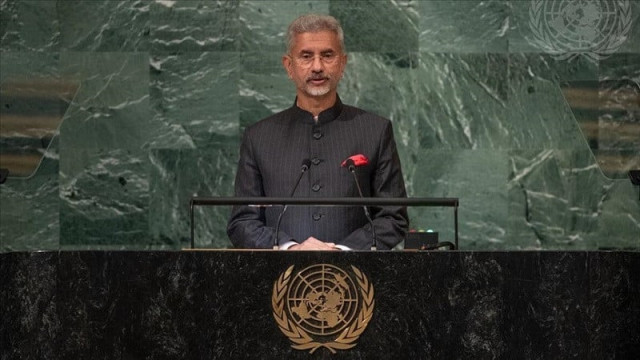
India has told Canada that it must repatriate 41 diplomats by October 10, the Financial Times reported on Tuesday.
Ties between India and Canada have become seriously strained over Canadian suspicion that Indian government agents had a role in the June murder in Canada of a Sikh separatist leader and Canadian citizen, Hardeep Singh Nijjar, who India had labelled a "terrorist". India has dismissed the allegation as "absurd".
The Financial Times, citing people familiar with the Indian demand, said India had threatened to revoke the diplomatic immunity of those diplomats told to leave who remained after October 10.
Canada has 62 diplomats in India and India had said that the total should be reduced by 41, the newspaper said. The Indian and Canadian foreign ministries did not immediately respond to requests for comment.
Indian Foreign Minister Subrahmanyam Jaishankar said earlier there was a "climate of violence" and an "atmosphere of intimidation" against Indian diplomats in Canada, where the presence of Sikh separatist groups has frustrated New Delhi.
Canada-India row
After accusing India of being involved in the Canadian citizen's murder, Ottawa took the significant step of expelling India's top intelligence agent in connection with the case. Canada is actively pursuing credible allegations linking Indian government agents to Nijjar's murder.
Prime Minister Justin Trudeau addressed the Canadian House of Commons in an emergency statement, condemning any involvement of a foreign government in the killing of a Canadian citizen as an unacceptable violation of Canada's sovereignty. He also called on India to take the investigation seriously.
Read Canada's Trudeau wants India to cooperate in murder probe, declines to release evidence
In response, India expelled a Canadian diplomat with a five-day notice to leave the country and dismissed Canada's accusation as "absurd and motivated." India urged Canada to take legal action against “anti-Indian elements” operating from its soil.
Who was Nijjar?
Nijjar was born in 1977 in Jalandhar district in India's northern state of Punjab and moved to Canada in 1997, where he worked as a plumber, according to the Khalistan Extremism Monitor of the New Delhi-based independent Institute for Conflict Management.
He was initially associated with the Babbar Khalsa International (BKI) Sikh separatist group, according to India's counter-terrorist, National Investigation Agency. New Delhi has listed BKI as a "terrorist organisation" and says it is funded by Pakistan's Inter-Services Intelligence (ISI) spy agency, a charge Islamabad denies.
Nijjar later became chief of the militant group Khalistan Tiger Force (KTF) and was "actively involved in operationalising, networking, training and financing" its members, according to a 2020 Indian government statement.
New Delhi officially categorised him as a "terrorist" in the same statement, saying he was involved in "exhorting seditionary and insurrectionary imputations" and "attempting to create disharmony among different communities" in the country.
For supporters demanding a so-called independent Sikh state of Khalistan, Nijjar was a prominent leader and a strong voice for the cause.
He was elected head of the Guru Nanak Sikh Gurudwara, a Sikh place of worship, in Surrey, the Vancouver suburb where he lived. He held that position at the time of his death.

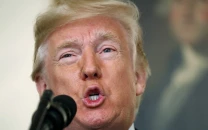

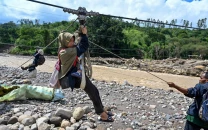
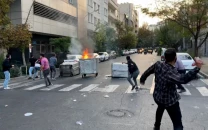
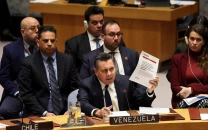












COMMENTS
Comments are moderated and generally will be posted if they are on-topic and not abusive.
For more information, please see our Comments FAQ